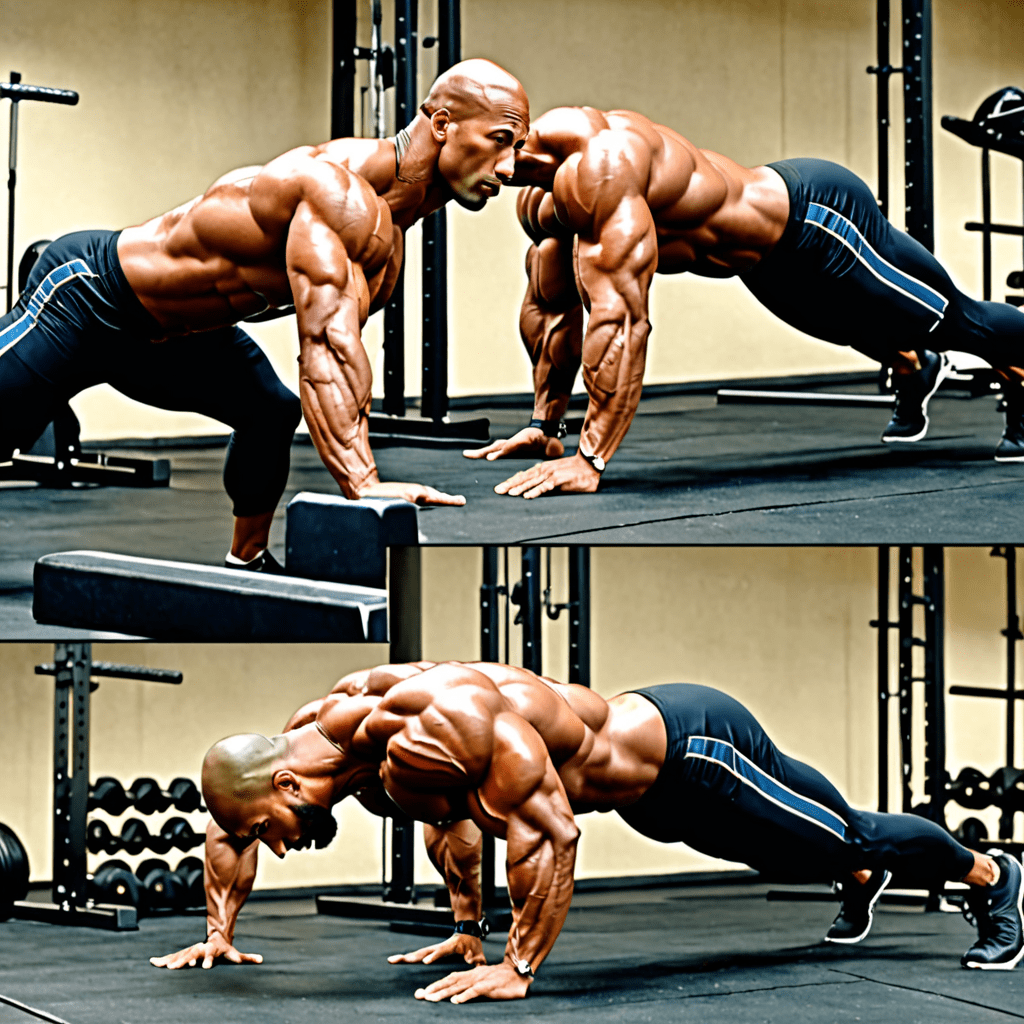
Fitness-Themed Math Games for Children
Incorporating fitness into children's education can be a fun and engaging way to make learning more enjoyable while promoting healthy habits. Here are some exciting fitness-themed math games that can help children strengthen their mathematical skills while getting active:
1. Number Run Relay
This game combines math and physical activity by creating a relay race where children solve math problems to advance. Divide children into teams and provide them with math problems to solve. The first team to solve all their problems correctly and run to the finish line wins.
2. Math Scavenger Hunt
This game involves hiding math problems around the play area and having children search for them. Each problem leads to the next, creating a mathematical scavenger hunt. Children can solve the problems individually or in teams, promoting collaboration and problem-solving skills.
3. Fitness Math Bingo
Create bingo cards with fitness exercises and math problems. Children perform the exercises listed on the card and solve the math problems. The first child to complete a line of exercises and math problems wins. This game encourages physical activity and reinforces math skills.
4. Shape Exercise Charades
This game combines fitness and geometry by having children act out different shapes with their bodies. Write down various shapes on slips of paper and have children take turns choosing a shape and performing the exercise associated with it. This game promotes physical activity and shape recognition.
5. Jump Rope Math Quiz
This game incorporates math practice into a classic playground activity. Create a list of math problems and have children jump rope while answering them. Each correct answer earns them a certain number of jumps. This game encourages physical activity and mental sharpness.
6. Hula Hoop Math Challenge
In this game, children engage in a hula hooping competition while solving math equations. Create hula hoops with math problems written on them. Children take turns hula hooping while attempting to solve the equations. The child who solves the most equations while hula hooping wins. This game promotes physical activity, hand-eye coordination, and problem-solving skills.
7. Obstacle Course Math
Design an obstacle course and incorporate math problems into each obstacle. For instance, have children jump over hurdles labeled with multiplication tables or crawl through a tunnel while identifying geometric shapes. Completing the obstacle course requires successfully solving the associated math problems, encouraging physical activity, problem-solving, and quick thinking.
8. Yoga Pose Math
Introduce children to yoga while incorporating math practice. Write down math equations on cards and place them around the room. Have children perform yoga poses while solving the equations. Each correct answer unlocks the next pose. This game promotes flexibility, balance, and mathematical thinking.
9. Dance Party Math Workout
Create a playlist of upbeat music and include math problems in the lyrics or dance moves. Children follow along with the dance while solving the math problems. This game encourages physical activity, rhythm, and mental agility.
10. Superhero Training Math
Design a superhero training course that includes math challenges. For example, have children jump over obstacles while solving addition equations or use cones to practice target practice while identifying fractions. This game promotes imagination, problem-solving, and physical fitness.
FAQ
Q: What are some tips for incorporating fitness-themed math games into the classroom?
- A: Ensure the activities are age-appropriate, fun, and engaging. Incorporate a variety of activities to keep children interested and motivated. Provide clear instructions and encourage children to work together to solve problems.
Q: How can I modify these games to suit different ages and abilities?
- A: Adjust the difficulty of the math problems based on the age and abilities of the children. For younger children, use simple addition and subtraction problems. For older children, incorporate multiplication, division, and geometry concepts.
Q: Is there any evidence to suggest that these games are effective in improving children's math skills?
A: Studies have shown that incorporating physical activity into math lessons can improve children's mathematical problem-solving abilities and overall cognitive function.


